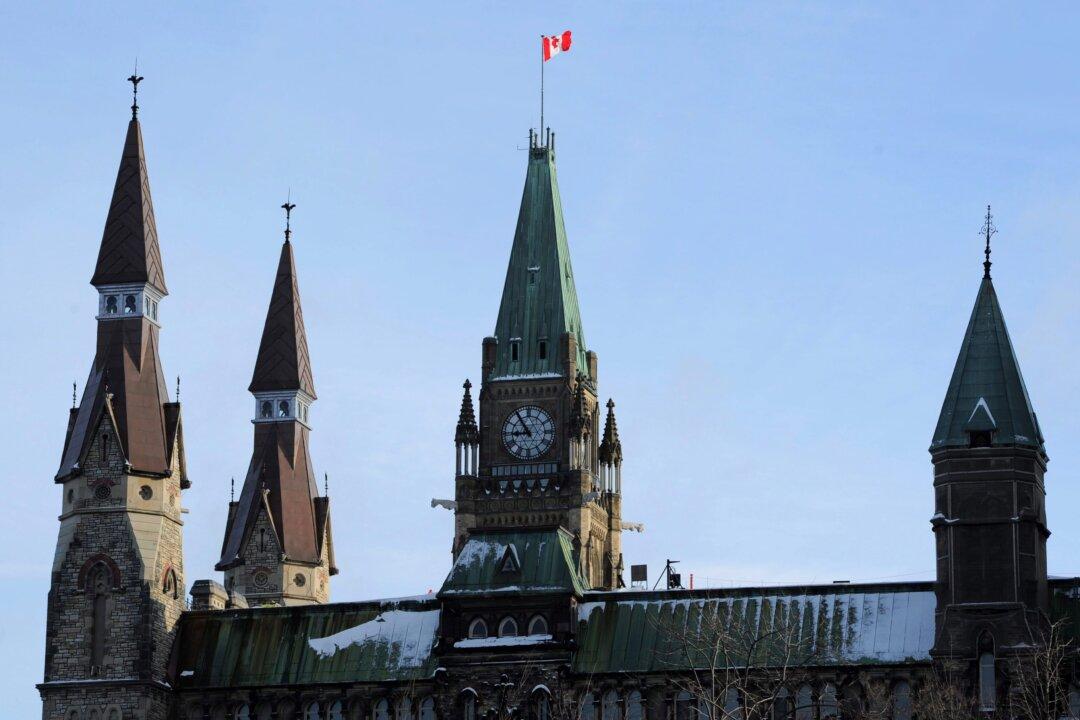The Conservatives have expressed disapproval over the recent decision by the Foreign Interference Commissioner to limit their standing in the forthcoming public inquiry.
On Dec. 4, Commissioner Marie-Josée Hogue issued her decision on the standing applications for the inquiry. The inquiry, set to commence in January, will unfold in two phases: first, a factual phase will focus on investigating allegations of interference from China and other malign foreign actors in the 2019 and 2021 federal elections, followed by a policy phase to explore counteractions against such interference.





